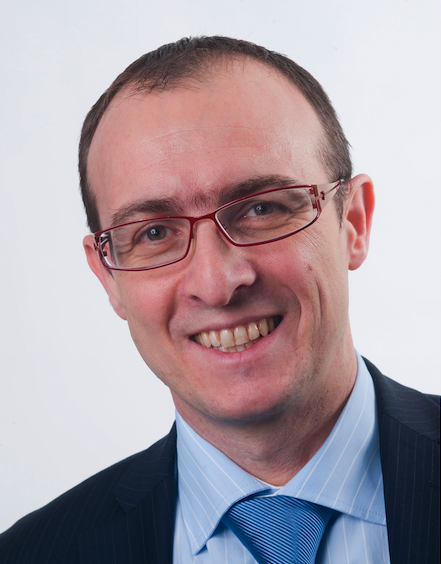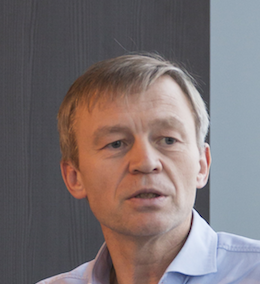Thursday June 30, 2016
Keynote Speaker: Pascal Andrei, Airbus Group, France
Vice-President Chief Product Security Officer and Executive Expert
Title: Aircraft Security from the Manufacturer Perspective
 |
Pascal ANDREI has a PhD degree in Competitive Intelligence & Security from PARIS University. He has started his career at AEROSPATIALE in 1992 as head of competitive Intelligence before leading e-business activities in Munich for EADS headquarters. He has been creating and leading the Aircraft Security within AIRBUS Engineering during 14 years, covering Information Systems and Physical security items. He is now Airbus Group Vice-President Chief Product Security Officer and Executive Expert. In this role he is the company prescriber for the security of all Products and Industrial Control Systems.
|
Abstract:
With the advent of all connected, the Air Transport Security could be engaged. Beyond the regulations, the aircraft manufacturers have anticipated the threats and are designing the new generations of aircraft with security by design. The aim of this keynote will be to give an outlook of the “threatscape” (cyber and physical) from the manufacturer point of view. It will highlight the organisations and the aircraft security architecture principles leading to a better security of the Air Transportation System.
Friday July 1st, 2016
Keynote Speaker: Nicolas Demassieux, Orange Labs, France
Senior Vice President Research
Title: Paving the Way for Dependable Software defined Infrastructures
 |
Nicolas Demassieux leads the research of Orange : defining the research strategy and coordinating major research initiatives involving 700+ engineers and PhD students in multiple countries, and impulsing an active policy of research partnerships with SMEs/start-ups, large enterprises and universities. Nicolas Demassieux started his career as assistant professor at Telecom ParisTech in the field of integrated circuits architecture. In 1991, he became professor and head of the Electrical Engineering department while leading research in the area of electronics and digital IC design for Multimedia and Telecom. His work on the first generations of digital image processing (MPEG) and wireless communication (OFDM turbocodes) was transferred to industry and led to several successful product lines. He also pioneered in France the teaching of innovation, and the use of Multimedia and Web-based material for teaching.
|
He joined Motorola in April 1997 to help create a new research centre in Paris, which he directed from 1997 to 2001, before taking the direction of the European research, and later of the global broadband Wireless research of Motorola. With his teams at Motorola, he worked at enabling Wi-Fi, 3G and 4G mobile broadband, mobile Internet, mobile television and digital home. In 2007, he became one of the 9 Motorola fellows. He also served during this period as CEO of Motorola France. During the years 2009-2010, Nicolas Demassieux worked at creating an Internet start-up, in the area of big data market place before joining Orange in 2010. He published more than 40 papers and book chapters and holds several patents. He his passionate about innovation and R&D efficiency issues. Externally to his professional activity, he is interested in a large set of science domains, including: complexity, biology, evolution and paleontology, natural and artificial ecosystems, urbanism of digital life.
Abstract:
Networks will be increasingly driven by Software Network virtualization technologies, the integration of IT and network resources will result in a fundamental transformation of the way operator infrastructures are architectured and services are delivered. Software Defined Network (SDN) and Network Function Virtualization (NFV) are key enablers for the level of infrastructures flexibility required to support the heterogeneous requirements of the Internet of Things (IoT) and to create added values at the core of the network, the edges, or end user devices. This offers a large range of new services attracting several actors : Telcos, vendors and IT players. In parallel, the world’s economy, and each of us individually, are everyday more dependent on the good functioning of the world’s global infrastructure. In this context, dependability with its multiple facets will be a key differentiating attribute. The aim of this keynote is to take a look at the future to highlight the main dependability research challenges that need to be addressed.

